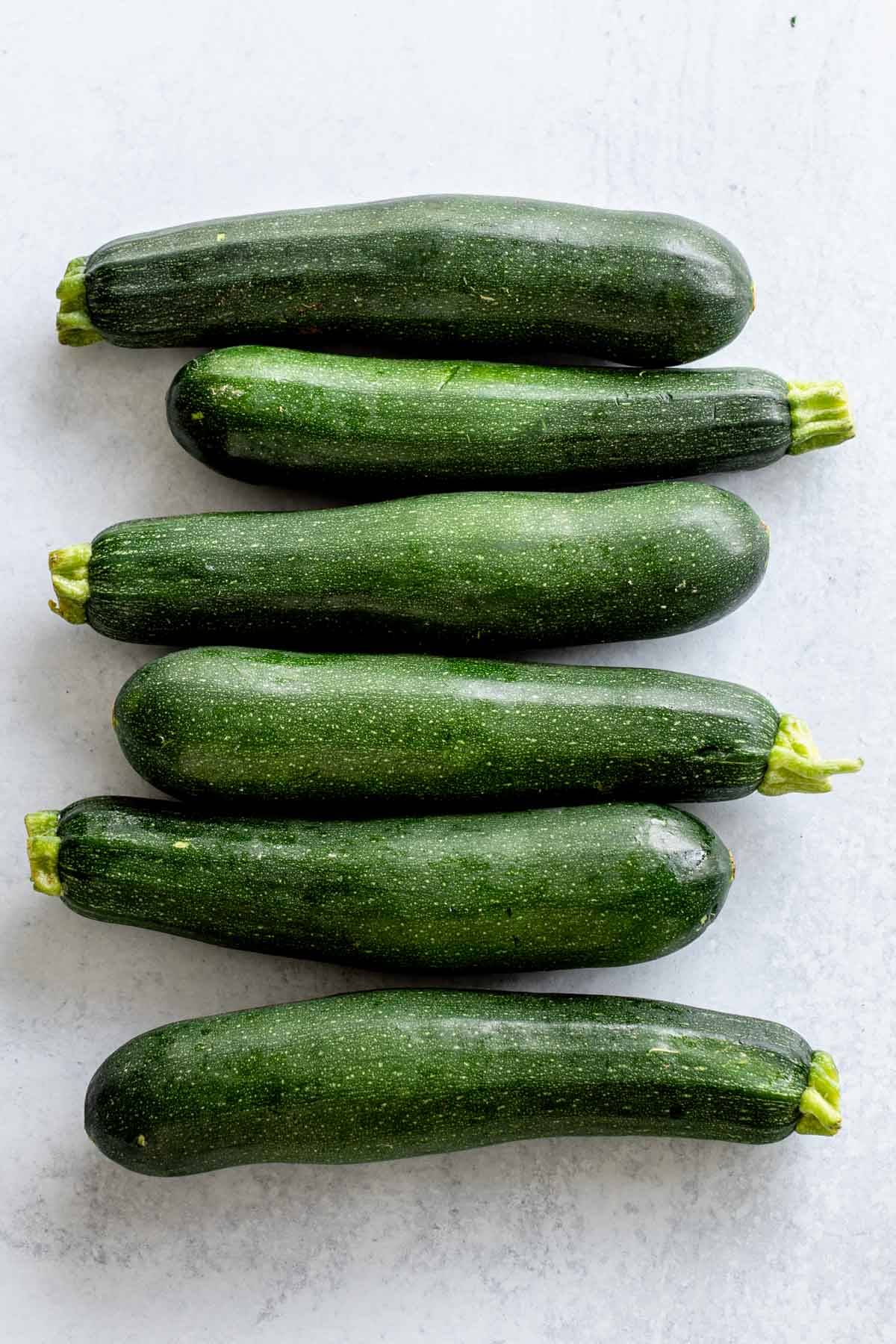Zucchini, also scientifically known as Cucurbita pepo, is a highly adaptable and nutritious vegetable that has made its way into kitchens worldwide. Despite not being the first vegetable that springs to mind when thinking about culinary delights, zucchini has been gaining popularity thanks to its mild flavor, versatility in various dishes, and numerous health benefits. In this essay, we'll delve into the history, culinary uses, nutritional value, and cultivation of zucchini, highlighting its significance in contemporary cuisine.
Zucchini boasts a rich history that traces back to its origins in Central and South America. Indigenous peoples cultivated it thousands of years ago, and its name, "zucchini," hails from Italian, meaning "small squash." This name perfectly describes the vegetable, as zucchinis are typically harvested when young and tender. Over time, zucchini made its way to Europe and eventually became a staple in Mediterranean cuisine. It was introduced to North America in the 20th century, quickly becoming popular among gardeners and home cooks.
One of zucchini's most attractive qualities is its kitchen versatility. This vegetable can be prepared in various ways, making it a favorite among chefs and home cooks alike. Zucchini can be sliced and sautéed with garlic and olive oil, adding a mild, slightly nutty flavor to dishes. It can also be grated and used in baked goods like zucchini bread or muffins, lending moisture and subtle sweetness. Additionally, zucchini shines in Mediterranean dishes like ratatouille and Greek moussaka, enhancing both flavor and texture. Its ability to seamlessly blend into different cuisines and dishes is a testament to its adaptability.
Beyond its culinary merits, zucchini's nutritional value is impressive. Low in calories, it's an excellent choice for those pursuing a healthy diet. It's also a good source of essential vitamins and minerals, including vitamin C, vitamin B6, and potassium. Zucchini is particularly rich in dietary fiber, aiding digestion and promoting a sense of fullness, making it valuable for weight management. Additionally, it contains antioxidants like carotenoids, responsible for its vibrant green color and potential protection against chronic diseases.
A notable feature of zucchini is its high water content, ideal for hydrating dishes. When cooked, zucchini releases moisture, contributing pleasant tenderness to recipes. This quality is especially appreciated in stir-fries, soups, and casseroles. Furthermore, zucchini can be spiralized into noodles, known as "zoodles," serving as a low-carb alternative to traditional pasta, favored by health-conscious individuals and those with dietary restrictions.
Cultivating zucchini is relatively straightforward, contributing to its widespread availability. Thriving in warm climates, it can be easily grown in home gardens with well-drained soil, ample sunlight, and regular watering. Zucchini plants are known for their prolific nature, often yielding a bountiful harvest throughout the growing season. However, gardeners should be prepared to manage their zucchini plants carefully, as they can quickly overtake a garden if left unattended. Nevertheless, the reward of fresh, homegrown zucchinis is well worth the effort.
Zucchini's adaptability, nutritional advantages, and ease of cultivation have made it a beloved vegetable in modern cuisine. Its mild flavor complements a wide range of ingredients, making it a versatile addition to countless recipes. Whether sautéed, baked, or spiralized, zucchini consistently provides a delightful and nutritious dining experience. Moreover, its relatively low calorie content and high fiber content make it a valuable asset for those striving to maintain a balanced diet and manage their weight.
In conclusion, zucchini's journey from its origins in the Americas to its current status as a global culinary star is a testament to its appeal. This unassuming vegetable has conquered kitchens worldwide with its versatility, nutritional value, and ease of cultivation. It has found a place in both traditional and modern cuisines, offering endless possibilities for creative cooks. As we continue to explore new culinary horizons, zucchini remains a steadfast companion, reminding us of the beauty of simplicity and the boundless potential of the vegetable kingdom. So, the next time you encounter a zucchini in your kitchen, remember the remarkable journey of this unassuming yet extraordinary vegetable."
Send a message


